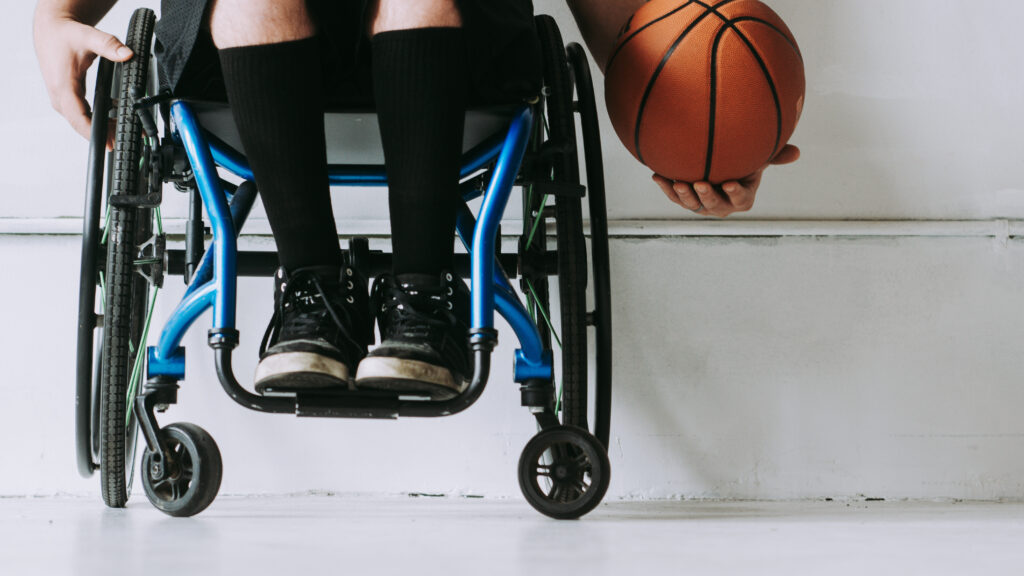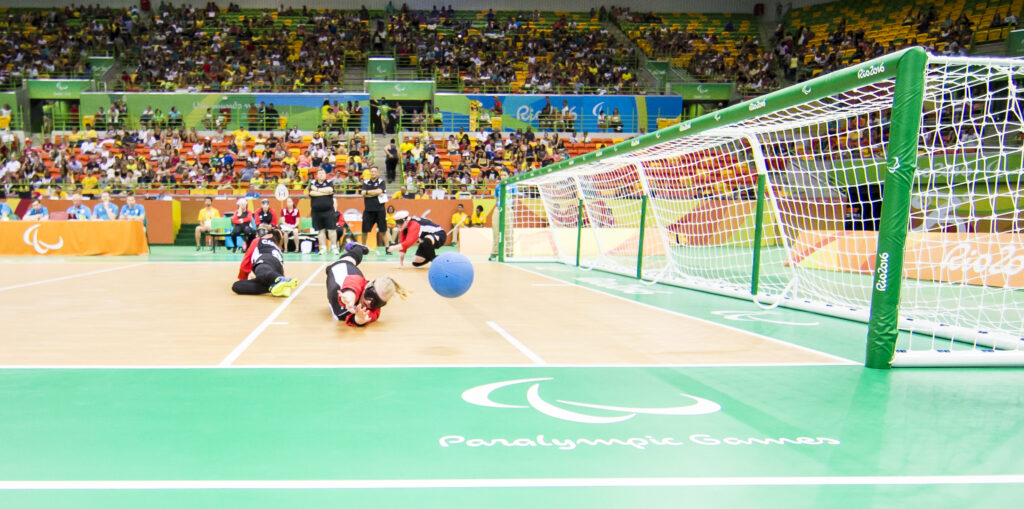Celebrating difference
The #WeThe15 campaign aims to use sport to help break down barriers and end discrimination against the 15% of the world’s population that experiences disability. But some researchers argue that the campaign overlooks the exclusionary nature of certain events, such as the Paralympic Games (in which only certain bodies with disabilities are eligible to compete)….
Invictus Games impact
The Invictus Games is an international adaptive sport competition for service members and Veterans with physical and mental illnesses and injuries. Uniquely, it integrates family programming and support into program delivery. In the SIRC blog, Invictus Games researchers share tips that sport programmers can use to support military families, from recognizing and appreciating family to…
Special Olympics and community inclusion
People with intellectual disabilities often feel excluded from their communities. Sport participation is one way to promote social inclusion. A transnational study suggests that Special Olympics athletes who feel more included in sport are also more likely to feel included within their local communities.
What makes a playground inclusive?
Play is a right of all children, but not all children have the same opportunities to experience play. An inclusive playground means having wide entry spaces free of obstacles, ramp access, shaded space, trained staff, and different types of sensory, solitary, and creative play components. A new Inclusive Playgrounds resource presents evidence-informed recommendations designed to…
Athletes2Coaches: A mentorship program for athletes experiencing disability

Coaching athletes with a disability requires many of the same skills as coaching non-disabled athletes (for example, developing skill progression). However, coaching athletes with impairments often requires coaches to have disability-specific knowledge as well (Fairhurst, Bloom, & Harvey, 2017). Coaches’ understanding of disability is critical, not only to athlete skill development, but also to athletes’…
Para sport pathways
Researchers at Western University are partnering with the Commonwealth Games Federation to identify the factors that drive inclusion in Para sport and to develop a high performance pathway for Para athletes in the Commonwealth region of the Caribbean and the Americas. Preliminary findings show that access to athlete classification is a current limitation to both…
Terry Fox
Today we are celebrating Terry Fox Day. Terry Fox was a Canadian athlete and cancer research activist. After losing his right leg to osteosarcoma, he was inspired to start running across Canada to raise money for cancer research. Fox’s journey was cut short as his cancer progressed, but his “Marathon of Hope” raised $24.17 million…
Enhancing sport and physical activity participation for Canadians with disabilities

Highlights When Jenny Davey first started working at the Canadian Paralympic Committee (CPC) in 2014, she had no idea how much a fledgling research partnership would shape the work she does in the Paralympic sport system 8 years later. “I never would have thought, ‘well, 8 years from now, I’m going to be able to…
Baseline testing for Para athletes
Baseline testing can help to identify when an athlete is ready to return to play following a concussion. However, it’s important that healthcare providers to be aware of the symptoms and signs that can exist in a Para athlete’s non-concussed state. For example, athletes with cognitive impairment may have difficulties with memory and concentration, and…
Powerchair sports
Powerchair sports are played by people with disabilities who use power wheelchairs. Powerchairs make sport accessible to athletes with a range of disabilities and eliminate performance differences usually associated with gender and age. Because of this, powerchair sports are considered some of the most inclusive sports: athletes of diverse abilities, ages and genders compete together on…